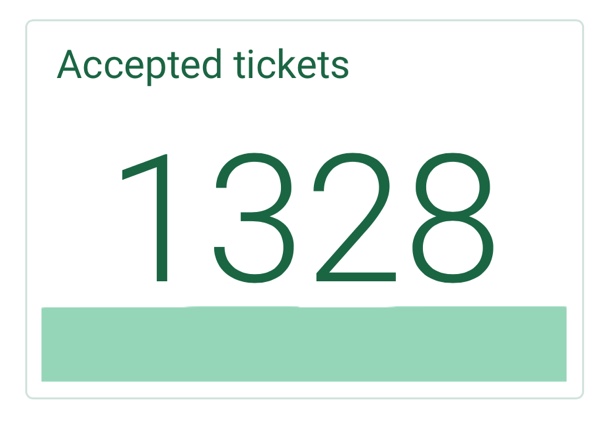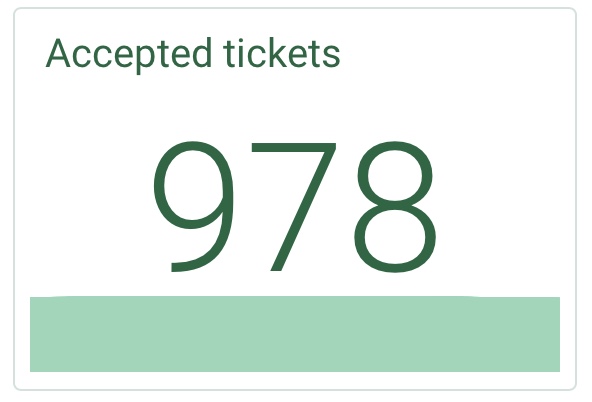Towards Inbox Zero
An update on Django's open ticket count.
It came up in conversation with Will how we might quantify the effect of the Django Fellowship Program.
One metric that Mariusz and I watch is the number of Open Accepted Tickets.
Given that releases are going out on schedule, security issues are handled, programs like Google Summer of Code continue to run, the CI is standing up, new contributors are being helped on board, and all the rest of it… — to the extent that the number Open Accepted Tickets is going down, the day-to-day running of the framework is under control; if it's going up, that's more of a worry.
To wit:
2018
In 2018, when I gave my Your Web Framework Needs You! talk at DjangoCon US, there were 1328 open accepted tickets.

2022
In 2022, now, there are 978 open accepted tickets.

In rough terms, that's basically down a third over the period, which I would call success.
Note that we don't close tickets in bulk, or without at least a provisional resolution, and we have something like 3-5 new tickets a day on average, well over a thousand each year. It really is a firehose. 👩🚒
We couldn't do anything without you — our wonderful contributors — but without the Fellowship Program that kind of throughput would simply be unsustainable. Django would literally drown under the weight of its own success.
Django is in a really strong place. These times are as exciting as they've been for years. But I can't see a clearer way of demonstrating the importance of the Fellowship Program to Django's ongoing sustainability.
So, hint, if you're not yet sponsoring Django, get thee over there now! 🦄